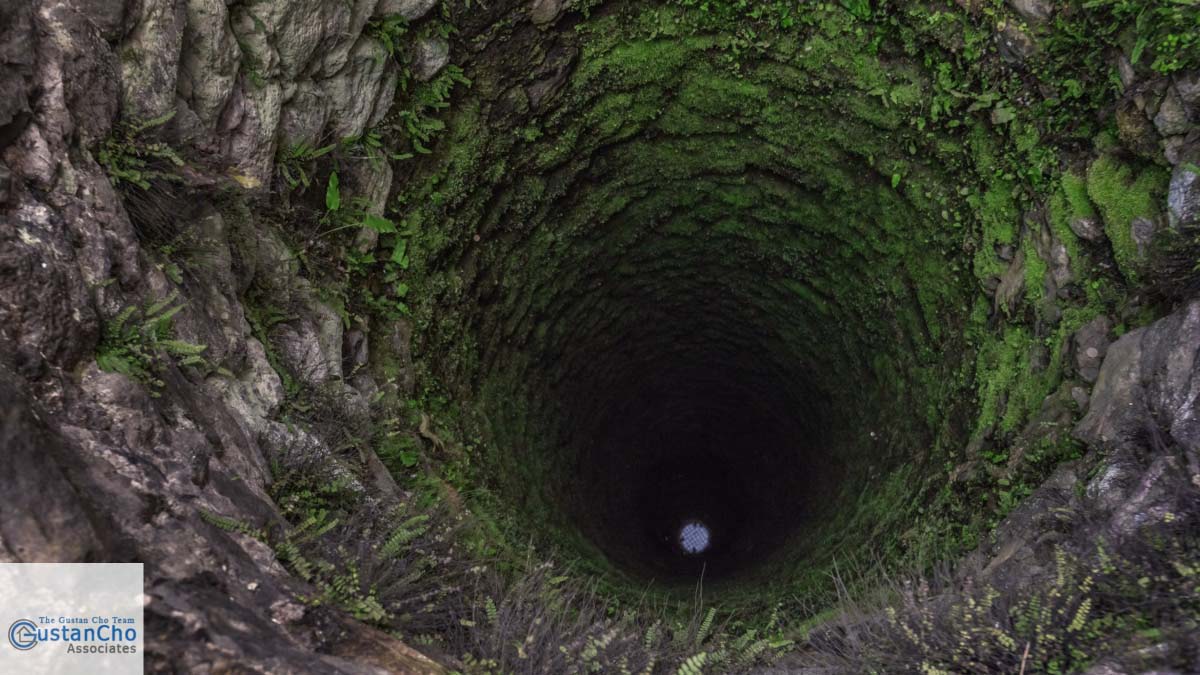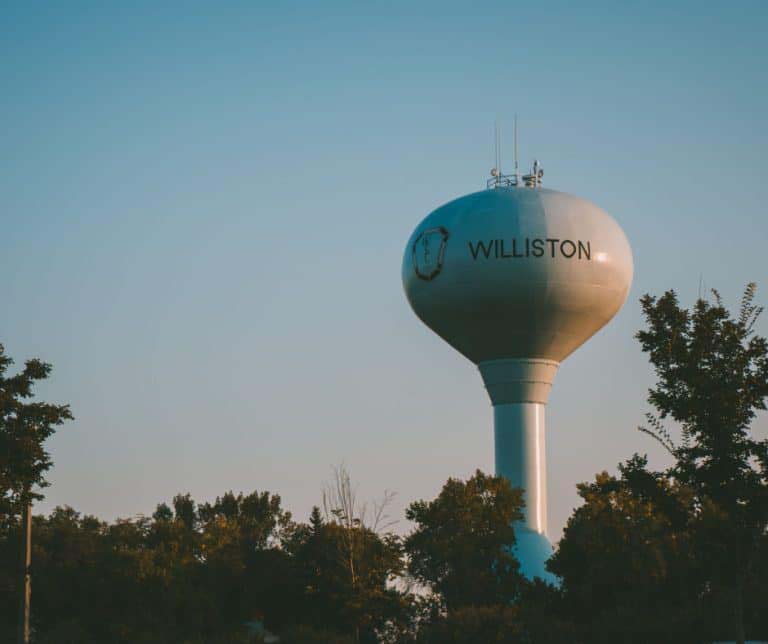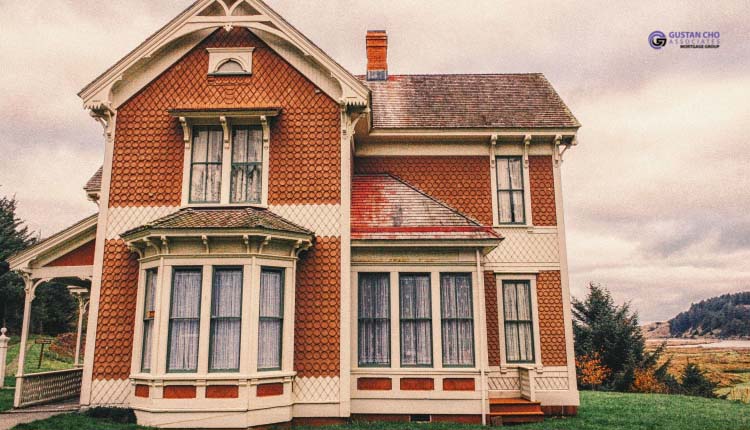Buying a home with a well and septic system can feel confusing, mainly if you’ve never dealt with private utilities before. But don’t worry—this guide will walk you through everything you need about buying a home with a well and septic system. By the end, you’ll feel confident and prepared and know exactly how Gustan Cho Associates can help you secure your mortgage.
Why Are Homebuyers Choosing Homes With Well and Septic Systems?
Purchasing a home that has a well and septic system is increasingly popular. Remote work and hybrid jobs mean families no longer have to live in crowded, expensive cities. Many buyers choose rural or suburban homes because they offer more space, lower prices, and greater privacy.
When you’re buying a home with a well and septic system, you’re essentially your own utility provider. Instead of paying your city’s monthly water and sewer bills, you rely on your well for fresh drinking water and your septic system to safely handle waste. While that independence comes with benefits, it also requires careful planning and maintenance.
Take First Step Toward Making Your Dream A Reality
Apply Now And Get recommendations From Loan Experts
Inspections Are Critical When Buying a Home With a Well and Septic
One of the most important things when buying a home with a well and septic is getting a thorough inspection. A simple home inspection is not enough. You need specialized well and septic inspectors to ensure everything is safe, functional and meets local standards.
What to inspect:
When buying a home with a well and septic system, it’s important to check the well. A certified inspector will look at the well pump and pressure tank to ensure they work well. They will also test the water you drink for bacteria and nitrates. These tests help ensure your water is safe and has nothing harmful that could affect your health. Knowing the condition of your well is an important step in ensuring your new home is safe for you and your family.
Septic Inspection
Your inspector checks the septic tank, drain field, and system components. They look for leaks, blockages, and overall system health. Depending on usage, septic systems should be pumped and checked every 1-3 years.
A good inspection can save you thousands of dollars in repairs. It can also help you negotiate with the seller or decide whether the home is the right fit.
Buying a Home With a Well and Septic: The Benefits
Buying a home with a well and septic has several great benefits:
- Cost Savings: You’ll never pay another water or sewer bill. This can save homeowners hundreds to thousands of dollars annually.
- Better Water Quality: Many homeowners prefer the taste of fresh well water over city-treated water. Well water often tastes cleaner and fresher.
- Independence: Your own well and septic system means you’re independent from city utilities. You’re protected during certain natural disasters that can affect municipal water systems.
However, with these benefits come some responsibilities.
Responsibilities When Buying a Home With a Well and Septic
Owning a home with a well and septic means you’re responsible for maintenance and upkeep:
- Regular Testing: You must regularly test your well water to ensure it’s safe for drinking. Experts recommend annual testing.
- Routine Maintenance: Septic tanks require regular pumping every 1-3 years. Ignoring this can lead to expensive system failure.
- Budget for Repairs: Well pumps or septic system repairs can be costly. Set aside money each year for potential repairs.
Understanding the Costs of Repairs and Maintenance
When buying a home with a well and septic, it’s important to understand the potential costs:
Well Repairs: Fixing a broken well pump or pressure tank can easily cost over $1,000. Re-drilling a well can cost upwards of $10,000, depending on location and depth.
Septic Repairs: Repairing or replacing a septic system can range from $5,000 to $20,000. Regular pumping, typically every few years, costs around $300 to $500.
Creating a yearly budget of $500-$1000 for ongoing maintenance helps avoid surprises.
Buying a Home with a Well and Septic – What You Need to Know!
Apply Now And Get recommendations From Loan Experts
Financing a Home With a Well and Septic System
Mortgage lenders like Gustan Cho Associates understand homes with private utilities. We regularly finance rural and suburban homes that have well and septic systems. However, lenders usually require clear inspection reports before approving a loan.
When applying for your mortgage with Gustan Cho Associates, you’ll need:
- Recent inspections and reports: These show that the well and septic systems are safe and working well. They help the lender know the home is in good condition.
- Water quality tests: These tests check if the water from the well is clean and safe to drink. Good water quality is important for your health.
- Records of past maintenance (if available): If the previous owner took good care of the well and septic systems, having these records can help. They show that everything was well looked after.
Our loan officers are here to assist you in navigating the process and ensure that your home purchase proceeds efficiently and without delays.
Insurance for Homes With Wells and Septic Systems
Insurance policies can vary when buying a home with a well and septic. Always ask your insurance agent whether your policy covers well and septic systems. If not, consider a special rider or a separate policy for extra protection.
Questions to Ask Before Buying a Home With a Well and Septic
Here are a few critical questions to ask the seller or agent:
- When was the septic tank last pumped?
- Are there any records of well or septic maintenance?
- Have there been issues with water quality or septic systems in the past?
- Is the septic system properly permitted and up to local code?
How Gustan Cho Associates Can Help You
Buying a home with a well and septic doesn’t have to be complicated. Gustan Cho Associates specializes in financing homes that other lenders might shy away from. We offer:
- Quick mortgage approvals
- Flexible underwriting guidelines
- Expert guidance on homes with private utilities
Our experienced team helps you navigate inspections, insurance, and the mortgage process smoothly. Whether you’re a first-time buyer or purchasing a second home, we’re here to answer all your questions and make sure you’re prepared.
Ready to Get Started?
Buying a home with a well and septic offers independence, savings, and a healthier lifestyle. At Gustaan Cho Associates, our goal is to make the process easier by providing customized assistance at every stage. Contact Gustan Cho Associates now to explore your mortgage choices.
Frequently Asked Questions About Buying a Home with a Well and Septic:
Q: What Should I Know Before Buying a Home with a Well and Septic?
A: You need to get the well and septic system inspected to ensure they’re safe and working properly. Also, budget money each year for maintenance.
Q: Is Buying a Home with a Well and Septic Cheaper than City Water and Sewer?
A: You can save money because you won’t pay monthly water or sewer bills. However, you should budget for regular inspections and repairs.
Q: Do I Need a Special Home Inspection when Buying a Home with a Well and Septic?
A: Yes, you need specialized inspections for both the well and septic system to ensure they work safely and meet local rules.
Q: How Often do I Need to Test the Well Water?
A: Experts recommend testing your well water once a year to make sure it stays clean and safe to drink.
Q: What Happens if the Septic Tank Breaks Down?
A: Repairs can cost thousands of dollars. Regular pumping every 1-3 years helps avoid expensive problems.
Q: Will Mortgage Lenders Finance Buying a Home with a Well and Septic?
A: Yes, Gustan Cho Associates specializes in mortgages for homes with private well and septic systems.
Q: Can I Get Insurance Coverage for My Well and Septic System?
A: Yes, many insurance providers offer special coverage for wells and septic systems. Always check with your insurance agent to be sure.
Q: What Questions Should I Ask the Seller About the Well and Septic?
A: Ask when the septic was last pumped if there were past problems, and if they have maintenance records or permits.
Q: How Much Should I Budget Yearly for Maintenance When Buying a Home with a Well and Septic?
A: Plan to set aside $500-$1,000 yearly for regular upkeep and minor repairs.
Q: Who Can Help Me Finance Buying a Home with a Well and Septic?
A: Gustan Cho Associates has experience and flexible mortgage options to help you finance a home with a well and septic quickly.
This blog about “Easy Guide to Buying a Home with a Well and Septic” was updated on March 31st, 2025.
Let’s explore your homeownership options with a well and septic system today!
Apply Now And Get recommendations From Loan Experts










My aunt really wants to buy a home with a water well because she would really like to have a sustainable source of water. She would really like to get some help from a professional in order to be a lot safer and be more effective. It was interesting to learn about how the water can be naturally fresh because it are protected from contamination which can make it taste better.